In this article
View 2 More +Dogs need a wide variety of nutrients for a healthy and active life, especially nutrients that play important roles in brain function and immune system health. Omega-3 fatty acids have received lots of attention due to their anti-inflammatory effects which can benefit many of the common dog alignments.
The easiest way to supplement Omega 3 fatty acids for your dog is when they come from food sources that contain them directly in the form of Eicosapentaenoic acid (EPA) and docosahexaenoic acid (DHA). While vegetable sources such as flaxseed contain an omega-3 fatty acid known as Alpha-linolenic acid (ALA), this form is not efficiently converted into EPA and DHA by our dogs and therefore, not considered an appropriate source for them.
So if you’re looking for ways to boost your dog’s omega-3 intake, for their anti-inflammatory properties, here are four great sources that you can give to your dog.

The 4 Great Sources of Omega-3 for Dogs
1. Salmon With Skin

| Source: | Natural |
- 177 calories
- Protein: 17 g
- Carbohydrates: 0 g
- EPA 586 g
- DHA 145g
The easier option is to change your dog’s diet for a salmon-based recipe although remember to please do a gradual transition.
If offered as a treat please offer no more than 2% of their weight, once a week or less. Consult with a veterinarian first before feeding. For dogs on a diet already containing fish, the vet may recommend an alternate source.
Few foods are fattier and richer in omega-3 fatty acids than wild-caught, natural salmon. It’s a naturally fatty food that contains both omega-3 and omega-6 fatty acids, as well as a great source of protein. Feeding your dog salmon with skin can boost the omega-3 content in their diet which is good for their coat health. While it is a great source of omega-3, salmon is very high in fat and can lead to health issues caused by a high-fat diet. Never give your dog raw salmon, their life can be at risk due to salmon toxicosis. It must be well cooked but without the use of oils, spices, onions, or garlic which are actually toxic for dogs!
2. Cod With Skin

| Source: | Natural |
- 71 calories
- Protein: 17 g
- Fat: 0.2 g
- Carbohydrates: 0 g
- EPA 018 g
- DHA 002 g
No more than 2% of their weight, once a week. Consult with a veterinarian first before feeding. For dogs on a diet already containing fish, the vet may recommend an alternate source.
Lower in calories and fat, cod with skin may work as an alternative to salmon. Although it doesn’t contain as much omega-3 as salmon, it’s lower in fat and less likely to throw off your dog’s fat intake. Salmon is more nutrient-dense, however, so your dog may not reap the same benefits from cod. Never give your dog raw fish. As with any human food or cooked food, make sure the cod is not cooked in oils, spices, onions, or anything potentially toxic to canines.
If you need to speak with a vet but can't get to one, head over to PangoVet. It's our online service where you can talk to a vet online and get the personalized advice you need for your pet — all at an affordable price!

3. Canned Sardines

| Source: | Natural/Processed |
- 100 calories
- Protein: 12 g
- Fat: 5 g
- Carbohydrates: 0 g
- EPA 0.228 g
- DHA 0.244 g
- Toy-Miniature: 2 or less
- Small dogs: 3–5 per week
- Medium dogs: 6–8 per week
- Large Dogs: 8–12 per week
Consult with a veterinarian first before feeding your dog sardines. While they’re not the most appetizing fish on the market, canned sardines are nutrient-dense for their size. They’re high in omega-3 fatty acids and protein making them an excellent treat for your pup. Canned sardines are also quite low on the mercury scale since they only eat plankton, so it’s another great alternative if you’re looking for a low-mercury fish. When buying canned sardines, always purchase sardines packed in water and not oil.
4. PetHonesty Omega-3 Fish Oil
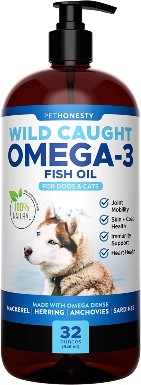
| Source: | Supplement |
- Anchovy Oil
- Herring Oil
- Mackerel Oil
- Sardine Oil
- Toy-Miniature Dogs: 0–15 lbs: ½ pump
- Small Dogs: 15–25 lbs: 1 pump
- Medium Dogs: 25–50 lbs: 2 pumps
- Large Dogs: 50–75 lbs: 3 pumps
- Giant Dogs: 75+lbs: 4 pumps
If you prefer a straightforward and easy way to provide considerable amounts of Omega 3 fatty acids in the form of DHA and EPA to your dog PetHonest Omega-3 Fish Oil is a great source of essential fatty acids. PetHonesty contains four different fish oils, giving your dog a wider range of potential health benefits. Fish is a great source of omega-3, but it can be messy to cut and serve at home. Fish oil supplements are a little easier to use, but they can have a strong odor. If you don’t mind the smell, PetHonesty Omega-3 is a great way to increase your dog’s omega-3 intake.

Omega-3: Why Is It Important for Dogs?
Essential fatty acids like omega-3 play important roles in a dog’s diet. They’re involved in the brain and eye development of puppies, as well as immune, skin, and coat health. Although omega-6 is closely related to omega-3, it functions differently and tends to be more abundant. While there are a lot of dog food recipes that cover omega-6, some can be lacking in omega-3. Especially in the form of DHA and EPA. It is important to remember that Omega-3 fatty acids are not something a dog’s body can produce, so they need to be a part of their diet.
How Much Omega-3 Does My Dog Need?
The amount of omega-3 your dog needs depends on their weight and current health. Dogs need at least 65 mg of DHA/EPA omega-3 per kg. Some dogs may benefit from a higher dose. We recommend talking to a vet to make sure your dog is getting enough, especially if your dog’s diet doesn’t have many sources of healthy fats. While omega-3 is crucial for your dog’s health, be careful with the source you choose. Also, keep in mind that much fat in a dog’s diet can lead to weight gain, so the extra calories need to be accounted for in their diet.

Conclusion
Omega-3 is an essential fatty acid that dogs need to thrive, obtaining it through their daily meals. Dog owners must provide their dogs with omega-3 fatty acids directly in the form of EPA and DHA which more common sources are fish and some marine algae. Boosting your dog’s omega-3 intake can help improve their health, so it’s something to consider if your dog’s food is lacking. Before you start a new supplement or diet, consult with your vet to make sure your dog’s needs are met.
Featured Image Credit: Africa Studio, Shutterstock

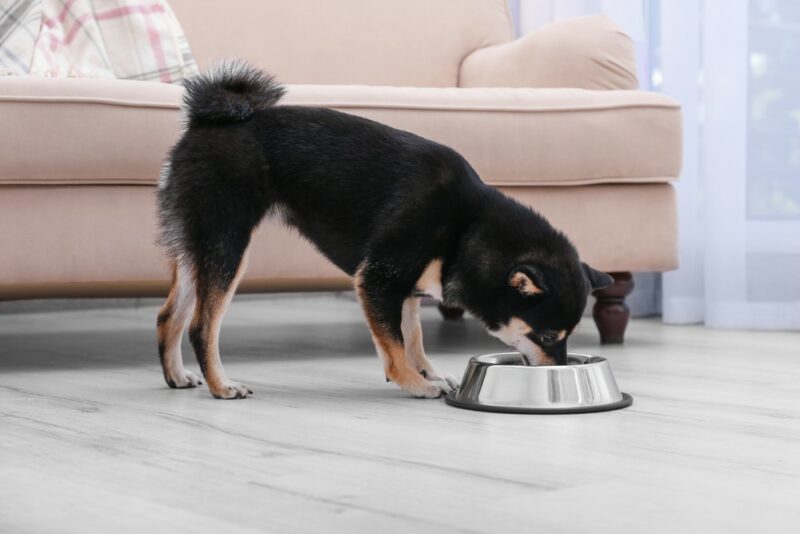

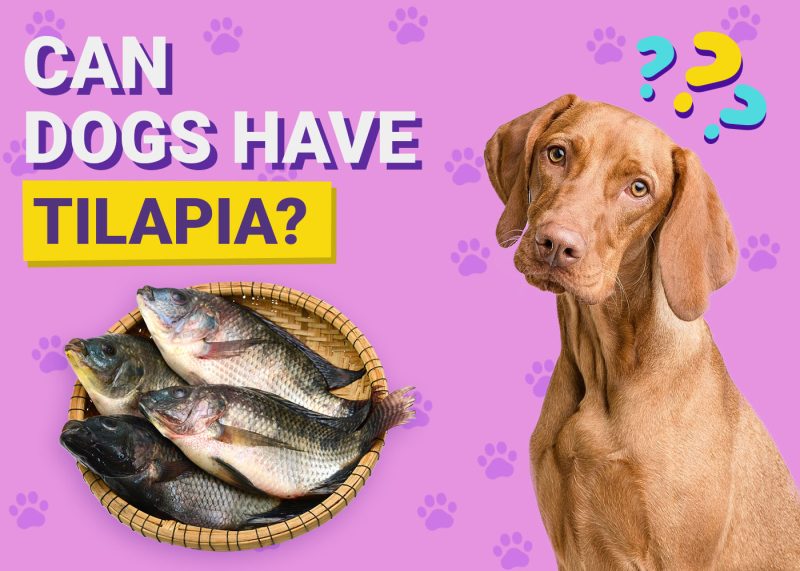




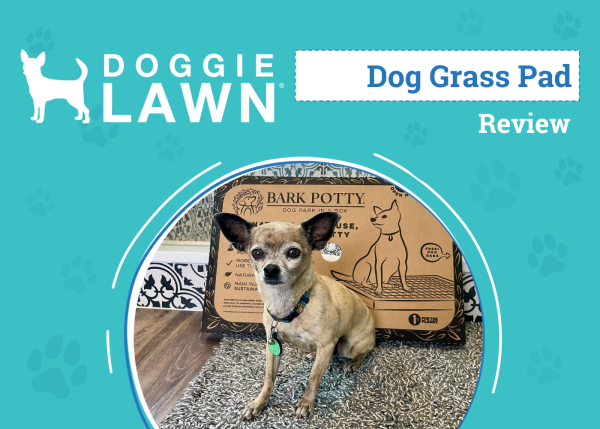


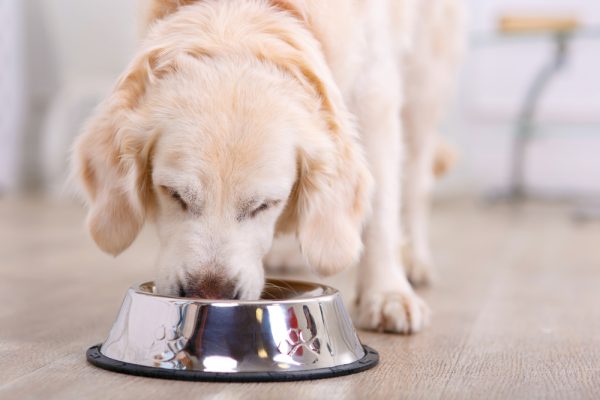

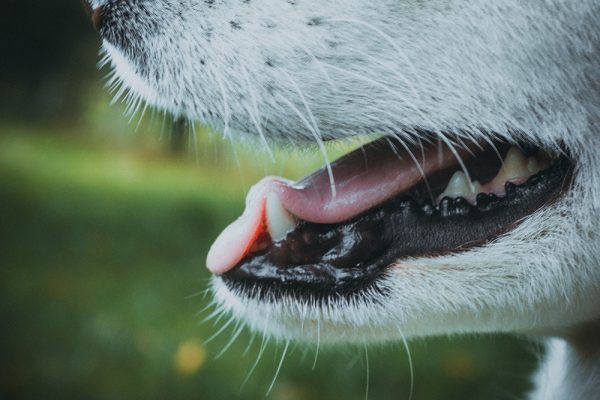
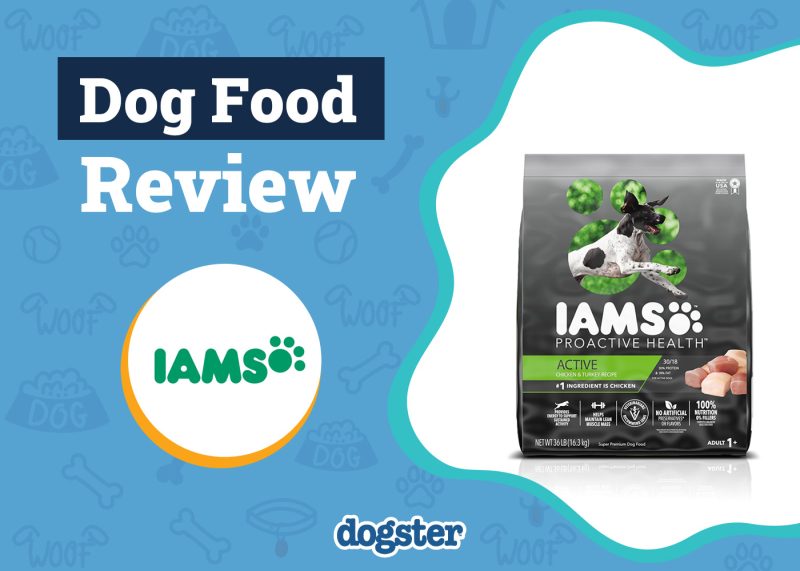





2 Responses
I was very happy to read your article it is more explanatory than most others I have come across. My dog has esophageal paralysis I'm trying to do all I can to ease the effects, seems to be getting worse as she gets older. I'm trying all I can thanks for the article it was very helpful
Tim
Hello Tim,
Thank you for your message, although we are sorry to hear about your dog's condition. We're happy to hear that our article was helpful and that you are doing everything you can to help your dog. It speaks volumes about your relationship.
If you would like to consult this issue with one of our veterinarians, you can book a 20-minute video-call appointment through our telehealth service at PangoVet.com to get a professional opinion and helpful suggestions from the comfort of your home. Our vets will be happy to answer all your questions and give you some care tips.
Best of luck!